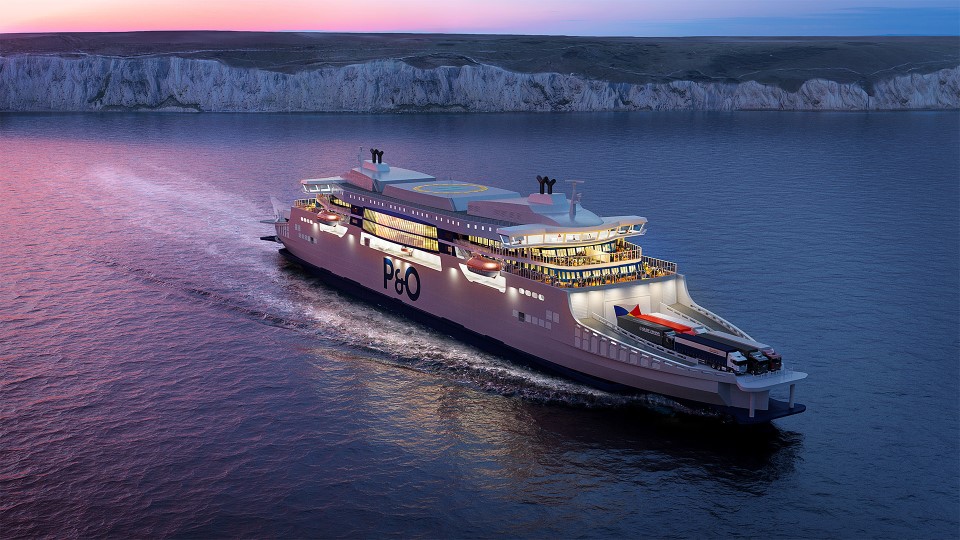
Funded by: DfT through Innovate UK
Centre for Logistics and Sustainability Analytics (CeLSA) at Kent Business School is leading the Dover Clean Ferry Power (DCFP) project with the Port of Dover, P&O Ferries, WMG at the University of Warwick and Schneider Electric to investigate steps towards decarbonisation of the cross-Channel ferry fleet. This is part of the national priority of achieving net-zero by 2050.
The seven-month DCFP project will be utilising the University’s expertise in sustainability, cost-analysis, optimisation and economic development to investigate decarbonisation options and optimising energy demands to see how net-zero energy can be supplied to ferry vessels.
The project, which is part of a £20 million programme funded by the Department for Transport, will support the delivery of the Port of Dover Air Quality Action Plan.
Currently, Port of Dover vessels spend energy through in-harbour activity, open sailing and on-vessel services (such as heating, lighting and hospitality). Some vessels are hybrid; self-charging on-board batteries whilst in open sailing and then using the battery charge whilst in-harbour.
The project will analyse how much net-zero energy can be stored and delivered in-harbour, to accelerate the adoption of hybrid or fully electric propulsion vessels in the Short Straits (Dover to Calais and Dunkirk) ferry fleet. Insights gained may then have the potential to extend to cruise and cargo operators, as well as adaptation of experienced vessels.
Dr Ramin Raeesi, the director of the CeLSA at Kent Business School is the Principal Investigator of the project.